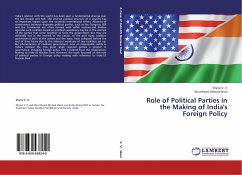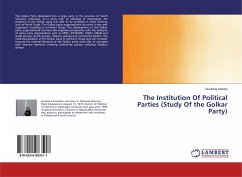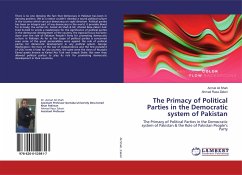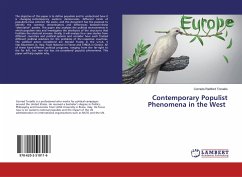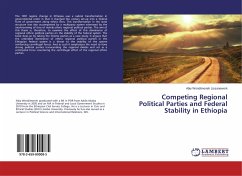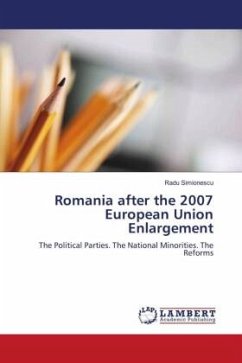India's relation with the world has been seen a fundamental change over the last decade and half. The internal political structure of a country has an important impact upon the countries international affairs. Alliances of convenience between disparate political parties, such as the Congress, BJP and the Communist are often formed with selfish motives and hidden agendas such coalition based on political expediency may be in the interest of the parties that come together to form the government, but they are definitely not in the interest of the nation. In the past many coalition governments both at the centre and the state, have collapsed before the end of their terms due to the inherent weakness of any coalition set up. But phenomenon of coalition government, now an inescapable reality in India's political life, has given small regional parties a greater in governance, including foreign policy. This is evident from the negotiations leading to Indo-US Nuclear Deal. However, the work focussed on the role of political parties in foreign policy making with reference to Indo-US Nuclear Deal.

